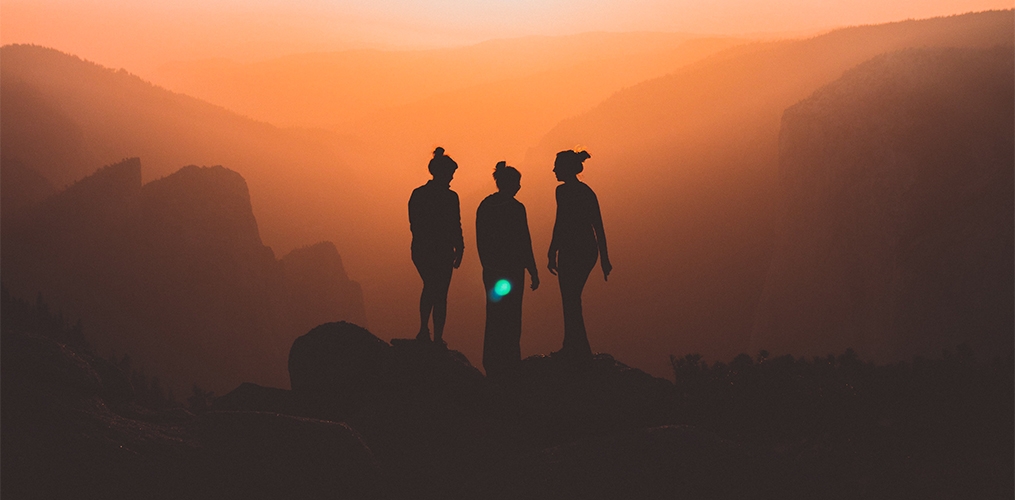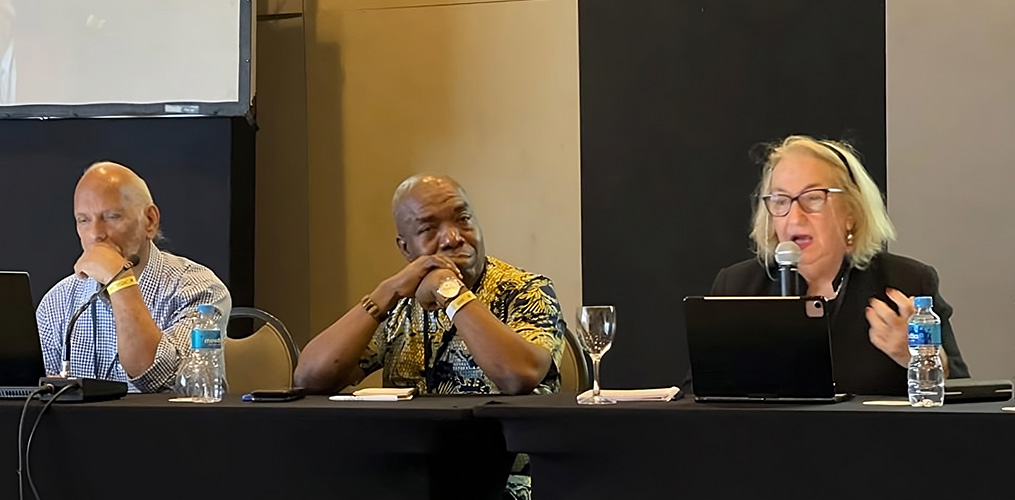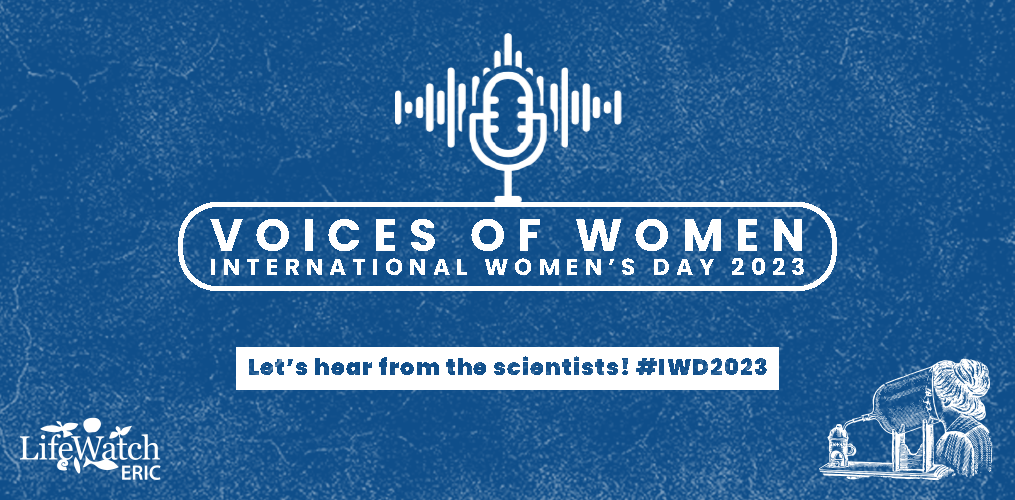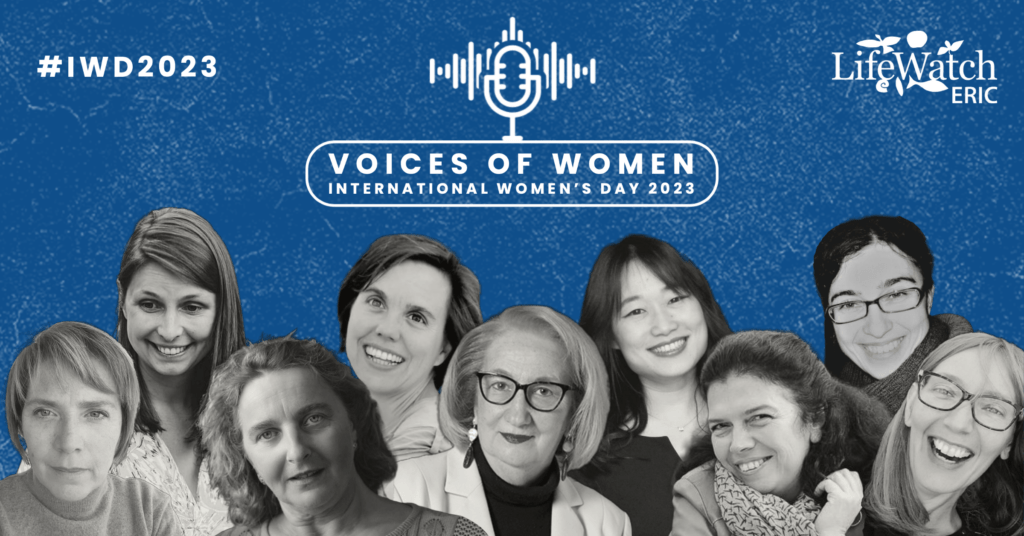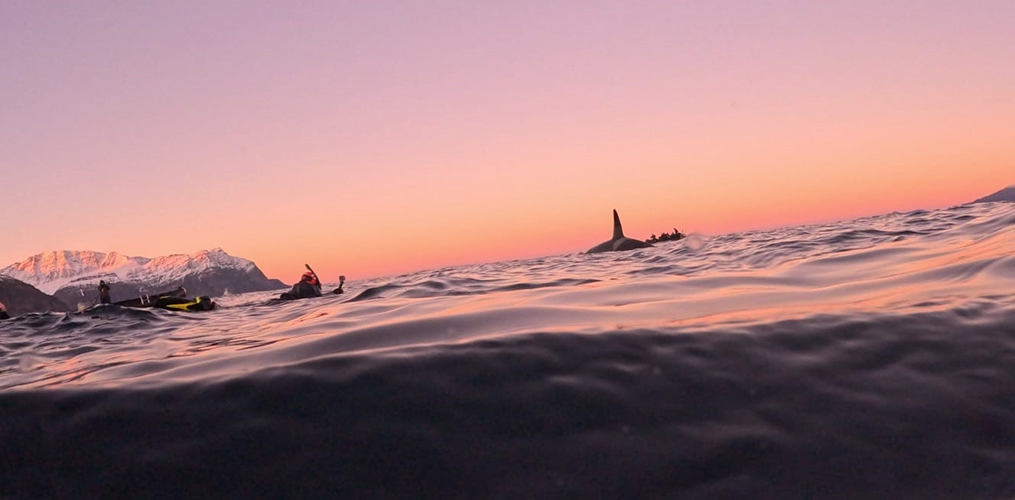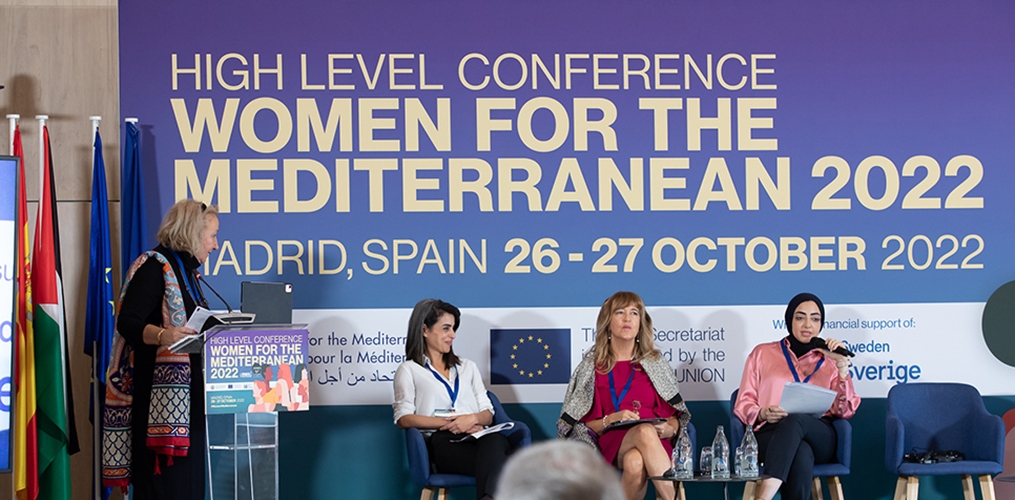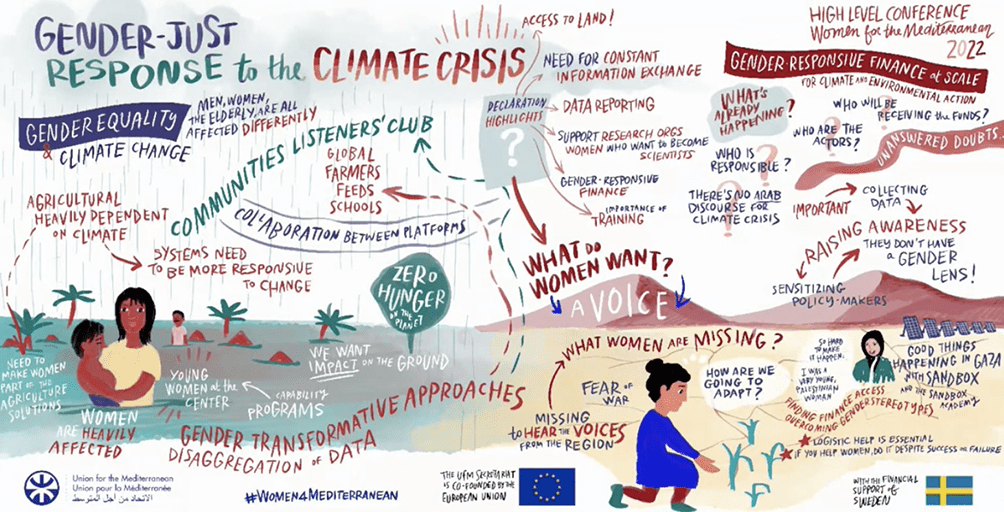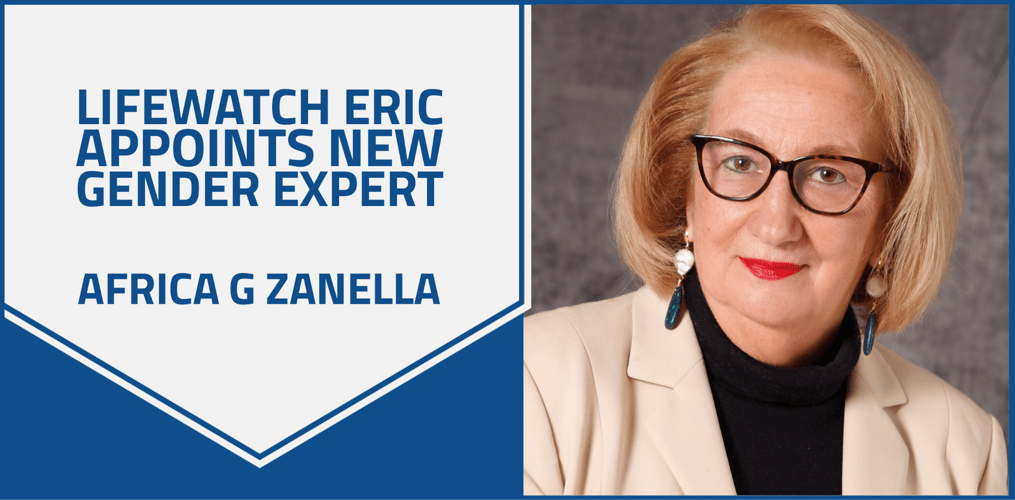On August 1st, 2023, an interactive online roundtable alongside gender, climate, and health experts to devise gender-responsive climate strategies focusing on health. Africa Zanella, LifeWatch ERIC International Gender Officer, had been invited to share her viewpoint and make her recommendations.
As many studies pointed out, climate change disproportionately affects women, girls and marginalised communities, compromising the rights of women and girls and slowing the advancement of gender equality.
Growing evidence shows that the climate crisis has an impact on women’s health and their access to health services. Health impacts related to food insecurity, infectious diseases, mental illness, and poor sexual and reproductive health are increasing due to the warming climate.
International commitments emphasise the importance of gender equality and women’s participation in climate action, but the reality is that gender considerations are yet to be effectively mainstreamed in ongoing climate change strategies, activities and national planning.
The interactive roundtable ‘Gender, climate change and health: how can we do better for women and girls?’ alongside gender, climate, and health experts aimed to study the intersection of these issues and devise gender-responsive climate strategies focusing on health.
Africa Zanella, LifeWatch ERIC International Gender Office, had been invited to join the event and share her viewpoint and perspective on these critical issue with other fellow civil society leaders and specialists in gender, health and climate, including inspirational women working in climate-affected rural communities. Africa is a renowned global expert in gender issues and a social scientist; currently based in Europe, she comes from Australia, one of the eleven Commonwealth member states in the Pacific region (and among one of its historic, founder members in 1931 along with New Zealand).
She made her recommendations during the live event while explaining LifeWatch ERIC’s vision, and how our Research Infrastructures could support researchers and climate action.
“LifeWatch ERIC is the European e-Science and Technology Consortium for biodiversity and ecosystems research, composed of eight member states (Belgium, Bulgaria, Greece, Italy, the Netherlands, Portugal, Slovenia, Spain), with a Statutory office in Seville and Common Facilities in Italy and the Netherlands”, she explained. “LifeWatch ERIC provides access to a multitude of datasets, webservices and other research resources, allowing the accelerated capture of data, their analysis and support for knowledge-based decision-making for biodiversity & ecosystem management. Under a Gender Equality Plan and EU guidelines, LifeWatch ERIC has promoted a greater participation rate of professional women scientists to help us have a more cohesive as well as fair and scientific gender balance vision of our climate issues and solutions”.
Moreover, she focused on climate finance, illustrating in particular the World Bank Climate Investment Fund, highlighting the nexus between climate, health and gender, and the importance of an inclusive and rights-based approach towards development and disaster risk reduction frameworks.
“Women and girls are reportedly disproportionately affected by disasters: some estimates show for example that women comprised 70% of casualties after the 2004 Indian ocean tsunami; women’s higher vulnerability to risks is rooted in socially defined roles within reproduction and caregiving – women with families suffered the most because of the ‘family commitment’ with aging parents and children-. As Gender Focal Point for the Climate Investment Fund (CIF), I’ve been engaged in integrating gender into programmes, e.g. in the Nature People and Climate Programme, when we focused on differential impact of climate change on men and women, and the specific vulnerabilities of women and girls in disaster situations, exploring even the intersectional nature of women’s realities that are manifested through age, class, caste, disabilities, health status, migrant status, sexual orientation, gender identities, health status, etc.”
Organised by the Commonwealth Foundation, the Commonwealth’s agency for civil society supporting people’s participation in democracy and development, the roundtable aimed to be useful to identify and devise collective positions on gender, climate and health ahead of the 13th Women Affairs Ministerial Meeting (13WAMM) in August where the conclusions from this roundtable will be presented to Ministers and Senior Officials.
Commonwealth Member States use the Women’s Affairs Ministers Meeting to set shared priorities for gender equality and women’s empowerment. This year’s Meeting will also shape the gender equality agenda for the 2024 Commonwealth Heads of Government Meeting in Samoa.
“In summary”, she concluded, “climate change is a global issue that affects communities, decision-making, economic activities at global, national and regional level; for this reason, we have to consider the global and the ‘local’ dimension of the problem, looking at the organisational culture and socio-economic aspects of each countries and regions. We must address the challenge of a just and sustainable transition for all, mainstreaming health, gender equality and women’s empowerment in climate policies”.
Policy recommendations and video highlights from the Roundtable with Ministers and Senior Officials will be shared next month.
